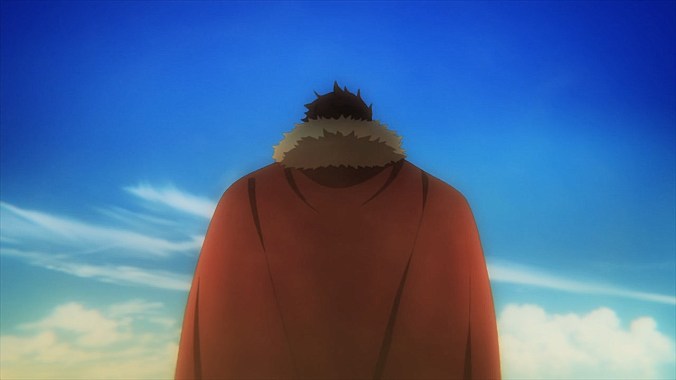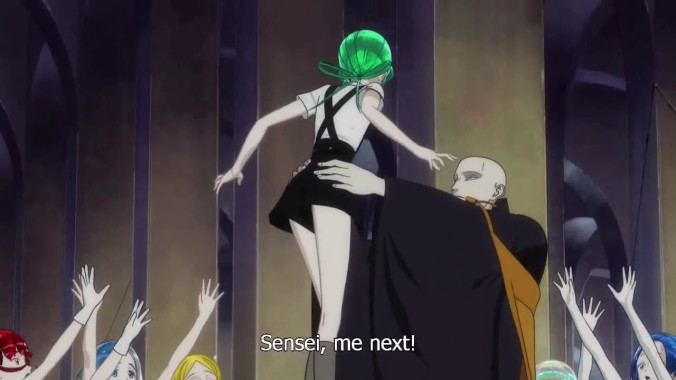Management: This essay is meant to be less of a review and more of analysis of the show being examined. It contains plot spoilers for both the Fate/Zero and The Case Files of Lord El Melloi II: Rail Zeppelin Grace Notes anime.

If there’s one thing that Fate fans and others who’ve watched Fate/Zero can seem to agree on, it’s that Waver Velvet is a good character. Some Fate verse fans have been annoyed by kinds of expectations Fate/Zero has set up to newcomers to their beloved franchise, particularly Fate/stay night. In many ways, with the exception of Heaven’s Feel route, Fate/Zero is a big stylistic and tonal departure from the original VN narrative. Non-fate fans who’ve watched Fate/Zero accuse it of being too edgy or pretentious for its own good. Fate/Zero has gruesomely distressing scenes, is brutally unfair to its sympathetic characters, and just dunks and dumps on its paragons with relentless waves of cynical philosophizing and worldbuilding. Waver may be Fate/Zero original, but his propensity for being awkward and earnest is a familiar and welcome sight to Fate fans. Those same qualities endear the non-Fate ones, who see his goofiness and kindliness as a break from and counter to the oppressiveness of Fate/Zero’s gloom and doom. In the end, violence forces Waver to part with his partner Iskandar (aka Alexander the Great, his heroic spirit during the last Holy Grail War, and his king). Hope remains though that Waver is able to emerge from his coming-of-age character arc a more mature and still compassionate person.

In some respects, Waver has become more mature as he’s taken temporary mantle of Lord El Melloi II; however, as the Lord El Melloi II anime reveals, his parting with Iskandar has left him with regrets. These regrets make him feel like a faker, which makes the Faker that appears later more than a coincidence. Or maybe it’s just self-projection, since he’s the one who came up with the name? They’re each other’s character foils. Like the person he’s dubbed the rather crudely direct Faker, Waver is perhaps giving himself less credit than he deserves. In chasing the shadow of his king, he’s downplaying the shadow he’s cast on others.








